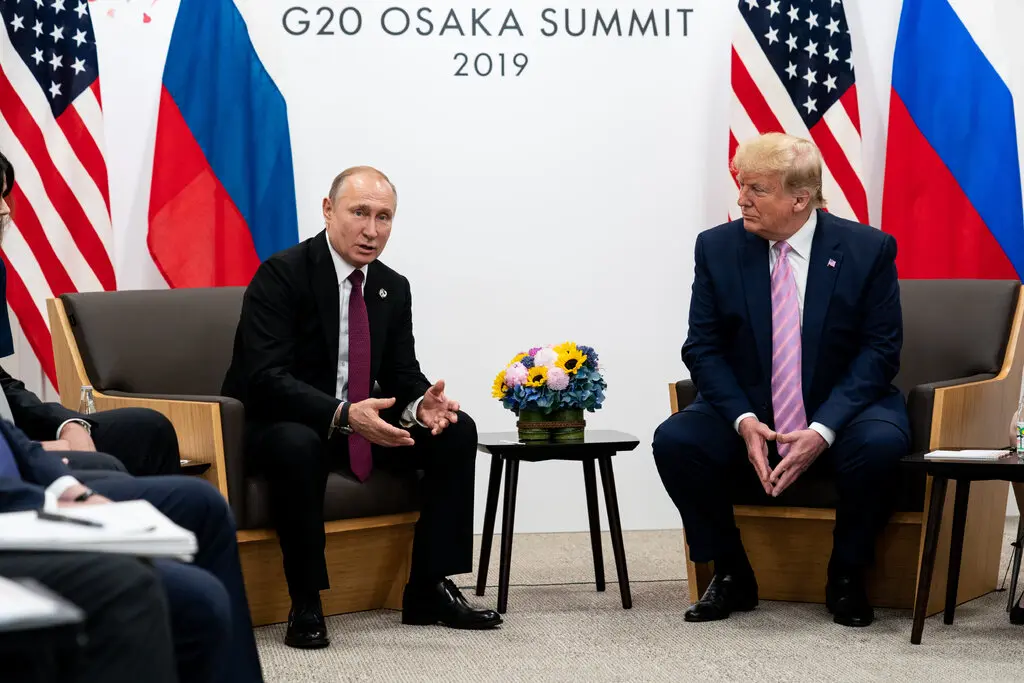
Akintunde Oyedokun
Research Analyst
Oil prices fell for the sixth day in a row on Thursday, with Brent closing at $66.43 and WTI at $63.88, amid growing optimism that a potential Putin-Trump summit could ease geopolitical tensions in Ukraine.
Market sentiment was further dampened by new U.S. tariffs on Indian goods tied to Russian oil imports, OPEC+ plans to boost output by 547,000 bpd in September, and continued uncertainty around global trade. Despite a larger-than-expected U.S. inventory draw and firm demand from Asia, oil has dropped over 9% this week.
BoE Cuts Rate To 4% After Rare Split Vote, Hints St End of Loosening Cycle
The Bank of England lowered its benchmark interest rate to 4% on Thursday, but a rare deadlock among policymakers raised doubts about further cuts. The Monetary Policy Committee saw a 4-4-1 split in its initial vote—the first since its creation in 1997—before Governor Andrew Bailey secured a narrow majority for the 25bps reduction.
Four members, including Deputy Governor Clare Lombardelli, voted to hold rates, citing inflation concerns. Bailey cautioned against aggressive easing, as inflation is expected to temporarily exceed the 2% target. Markets responded with a stronger pound, rising bond yields, and reduced bets on further rate cuts this year.
German Industrial Output Hits Post-Pandemic Low Despite Export Surprise
Germany’s industrial output slumped 1.9% in June—far more than expected—hitting its lowest level since May 2020 as foreign demand weakened and Chinese competition intensified. The decline reversed hopes of a 2025 recovery, with Q2 production down 1% and dragging GDP by 0.3%. Analysts warn that weak growth in Europe and China, along with U.S. tariff-related slowdown, signal prolonged industrial stagnation. Meanwhile, exports rose 0.8% in June, boosted by EU demand, though shipments to the U.S. dropped for a third month. Germany’s trade surplus narrowed to €14.9 billion from €18.5 billion in May.
Angola Retrieves $200m Collateral from JPMorgan After Bond Recovery
Angola received a $200 million refund from JPMorgan in May after its Eurobond prices recovered, reversing an earlier margin call triggered by April’s oil-driven market slump. The funds were tied to a $1 billion total return swap agreed in December, backed by $1.9 billion in 2030 sovereign bonds.
The deal raised alarm over the rising use of complex and opaque financing tools by African nations struggling with mounting debt. Angola continues to face economic pressure from subsidy cuts, social unrest, and a downgraded IMF growth forecast of 2.4% for 2025.
Nigeria’s Q4 2024 VAT Rises to ₦1.95tr Amid Economic Activity, Tax Reforms
Nigeria recorded ₦1.95 trillion in VAT collections for Q4 2024, a 9.23% increase from Q3 and a 62.19% rise compared to Q4 2023, according to the National Bureau of Statistics (NBS). The growth reflects stronger compliance, increased economic activity, and inflationary trends.
Manufacturing led sectoral contributions with 25.89%, followed by information and communication (16.18%) and mining (15.52%). The highest growth came from extraterritorial bodies (180.05%) and agriculture (70.83%), while household and ICT activities saw notable declines.
The surge coincides with the implementation of four tax reform bills signed into law by President Bola Tinubu in June 2025, aimed at restructuring Nigeria’s tax administration and revenue system.










